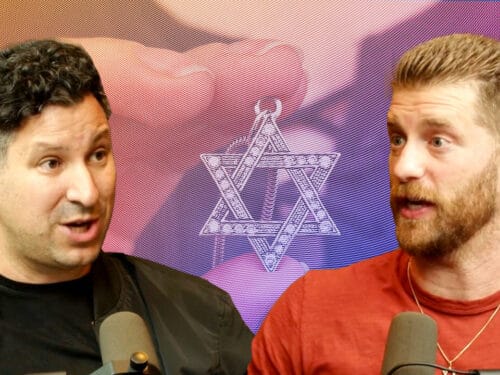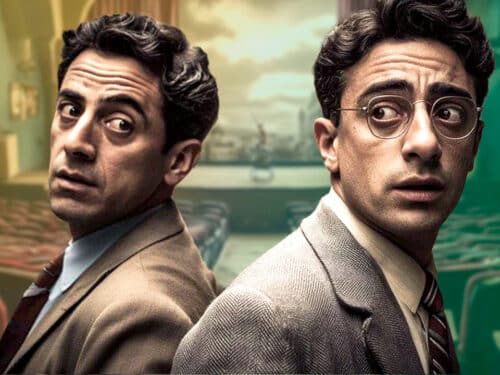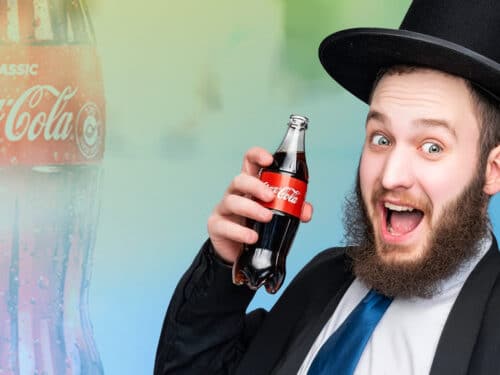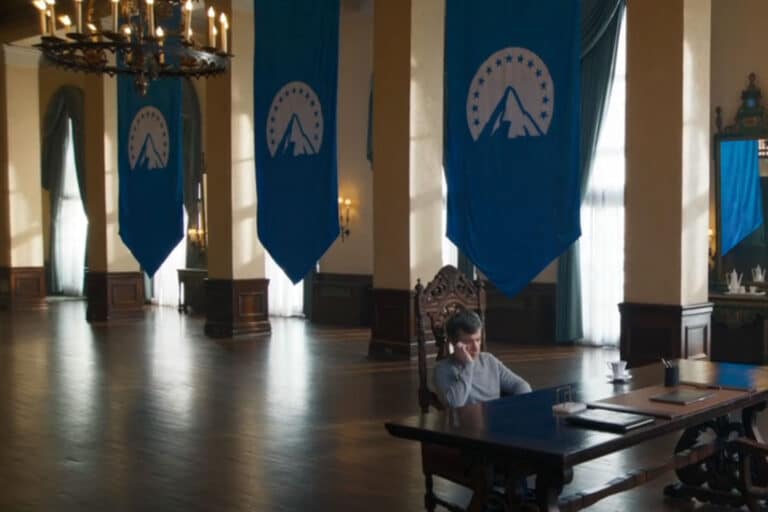
When I turned on the second episode of season two of Nathan Fielder’s “The Rehearsal,” I wasn’t sure what to expect. If you’re a fan of Fielder’s work, that’s part of the appeal. His particular brand of comedy relies on the surprise of throwing real-life people into harebrained schemes, with Fielder as the deadpan foil. “The Rehearsal” explores what happens when those schemes evolve into elaborate rehearsals of major life events.
The first season began with rehearsing for an evening of bar trivia and evolved into Fielder rehearsing the role of fatherhood. Season two initially seemed like it would shift gears entirely, focusing on the mechanics of plane crashes. But toward the end of the second episode, Fielder pivots using his investigation into co-pilot communication to approach a difficult situation of his own.
‘The Rehearsal’ tackles Nathan Fielder’s battle against Paramount+
Fielder revealed that in late 2022, Paramount+ removed an episode of his early show “Nathan For You.” In “Nathan For You,” Fielder attempted to help struggling small businesses through absurd marketing stunts. In Season 3, Episode 2 of the series, Fielder learned that an outdoor brand he had worn while filming the show, Taiga, had published a tribute to Holocaust denier Doug Collins in one of their winter catalogs. In response, the Jewish comedian didn’t just issue a statement — he launched an actual outdoor apparel company, Summit Ice, dedicated to promoting Holocaust awareness and education. He served as his own test subject in the episode, creating a Holocaust-themed marketing display that included a replica of the infamous “Arbeit Macht Frei” sign that hung over Auschwitz.
When Fielder asked Paramount+ why it had removed the episode, he was told that its German division removed the episode in their region after they were “uncomfortable with anything that touches on antisemitism in the aftermath of the Israel/Hamas attacks”. Soon after, the rest of the Paramount+ regions followed suit. Yet, paradoxically, the app continued to host content featuring Nazis and Hitler to remain on the platform.
Speaking candidly about the situation, Fielder said something that resonated with me deeply: “When it comes to art, I think you have to know your place. You have to let us Jews express ourselves.”
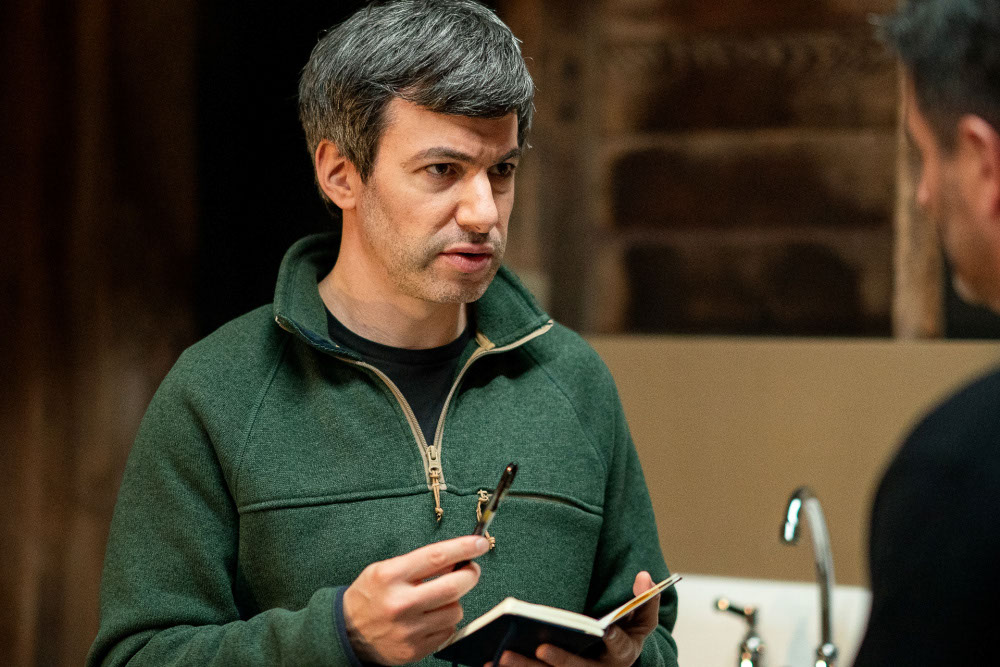
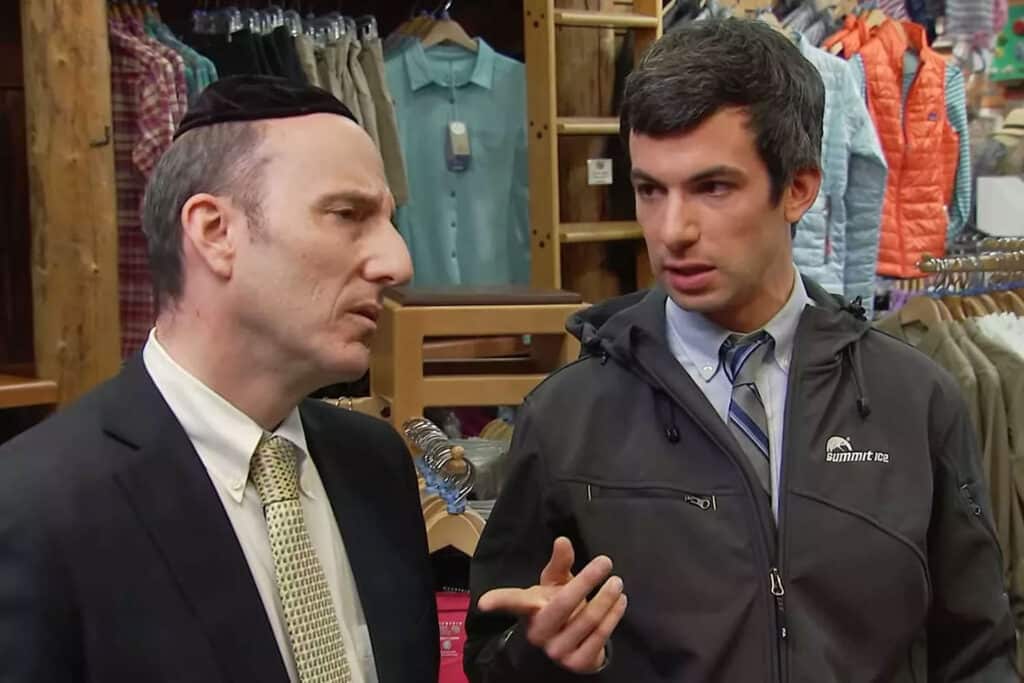
Antisemitism is an incredibly serious subject. But that doesn’t mean it can — or should — only be discussed in serious ways. Art, and humor especially, hold power. They can shape perspectives, inspire empathy, and educate. I know because it happened to me. I vividly remember watching “Saturday Night Live” as a middle schooler and feeling like, for the first time, I was starting to understand politics. That spark set me on a trajectory towards becoming a writer — one who is still trying to better understand hard topics through storytelling.
The Jewish art of exploring trauma through comedy
Exploring trauma through humor is deeply, unmistakably Jewish. If a non-Jewish comedian tried to promote an outdoor clothing brand by creating a Holocaust awareness-themed display filled with swastikas, I would have been horrified. But Fielder doing it, while at the same time furthering Holocaust education? Undeniably badass.
In “The Rehearsal,” Fielder makes his point about allowing Jewish self-expression through a rehearsal scene involving an actor hired to play a Nazi-coded Paramount+ Germany executive in a war room complete with Paramount+ pennants. When Fielder asks the actor to re-run the scene and to tell Nathan how he truly feels, the actor questions whether Nathan is truly serious about any of the concerns he’s raising.
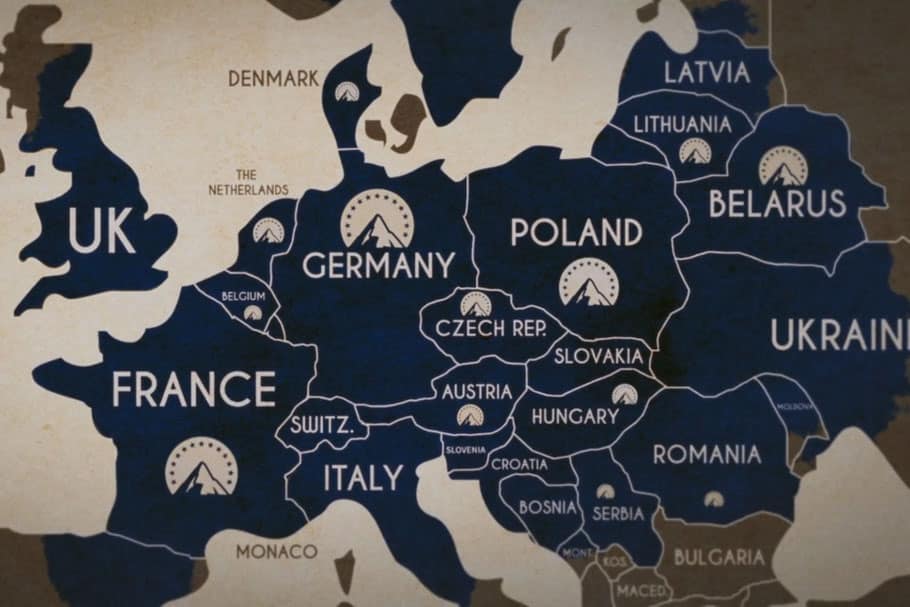
In some ways, he has a point. Fielder recounted the moment he learned about the Paramount+ censorship not through direct footage, but by using an actor to recreate it. He had this actor stage his experience, not to fictionalize his feelings, but to relive and examine them, down to reading off the actual emails and conversations between Fielder and Paramount.
Prioritizing non-Jewish comfort over condemning antisemitism
Anyone questioning Fielder’s sincerity because of his comedic methods to approach a topic like antisemitism misses the point, especially given that Summit Ice has raised millions of dollars for Holocaust awareness by donating 100% of its profits to the Vancouver Holocaust Education Centre. In some ways, Fielder’s scathing call-out of Paramount+ does the same thing as the original Summit Ice apparel launch by pushing the envelope. Yes, it was funny. But it’s also a sharp critique that draws attention to the disturbing reality that Paramount+ chose to censor Jewish voices while continuing to profit from Nazi-related content.
Just because something makes you laugh doesn’t mean that’s the only thing it does. Watching that episode forces viewers to ask uncomfortable questions: Why does Paramount+ finds an episode of “Nathan for You” too disturbing in how it deals with antisemitism through satire, and yet a documentary on Treblinka that involves archaeologists uncovering actual mass graves of Holocaust victims is considered acceptable?
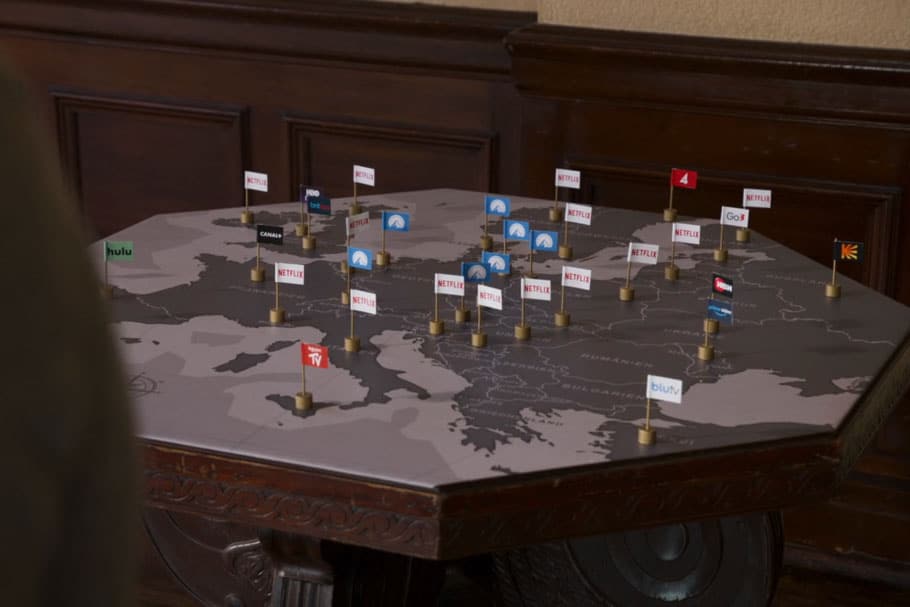
I don’t need a reminder that people love dead Jews — or a reason to recommend the fantastic book with that exact title by Dara Horn that unpacks that phenomenon. Over and over again, non-Jews attempt to police which depictions of Jewish trauma are acceptable, even when that means censoring Jewish voices like Nathan Fielder’s. Sure, he could have written an op-ed or posted a statement on his social media. But that’s not Fielder’s language. His medium is performance: layers of sincerity, irony, and construction that make you laugh and wince all at once.
On a deeper level, season two of “The Rehearsal” involves Fielder grappling with his own reputation. He expresses concern that his attempt to make air travel safer won’t be taken seriously because he’s seen as just a clown. But in the same breath, he calls Summit Ice his proudest achievement. It’s that moment that puts all of the ridiculousness into perspective.
Summit Ice is the ultimate reminder that just because something is funny doesn’t mean it lacks meaning. Fielder’s work is a perfect example of how it can be both.
Your move, Paramount Plus.
Originally Published Apr 29, 2025 10:52AM EDT

